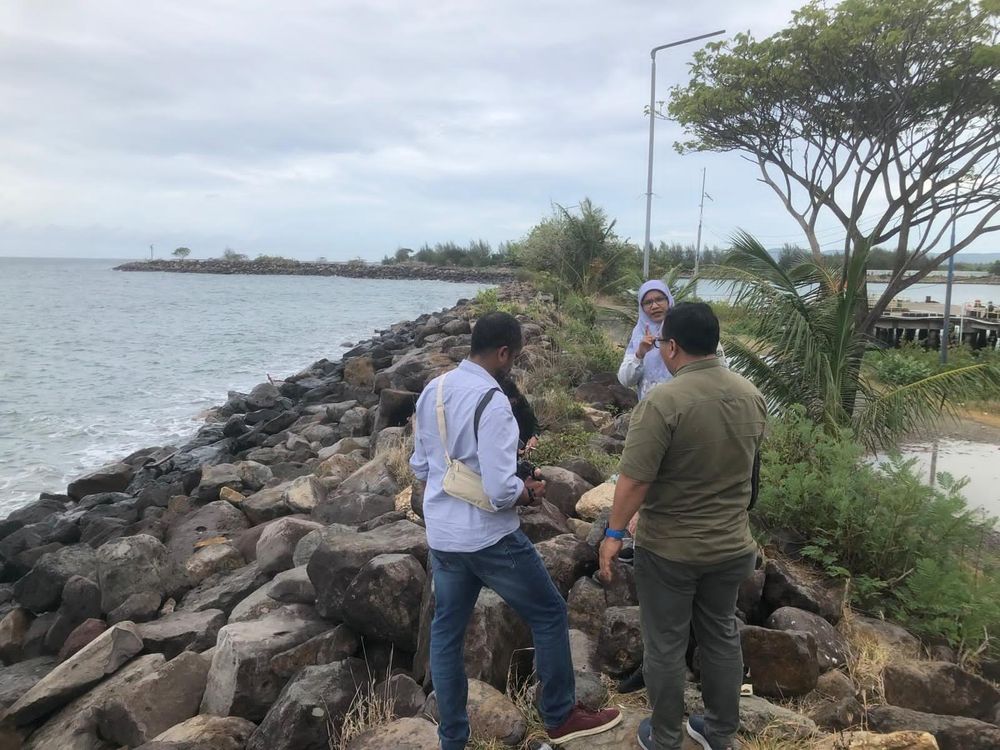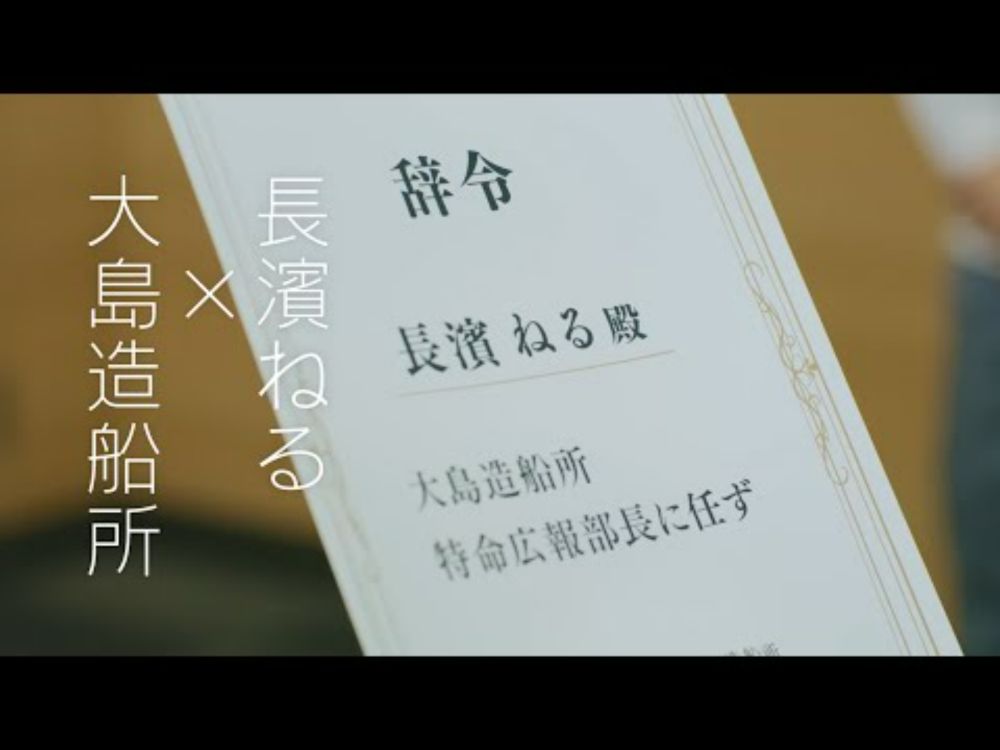Leslie Mabon
@ljmabon.bsky.social
500 followers
180 following
180 posts
Senior Lecturer in Environmental Systems, Faculty of STEM, Open University, UK. Sustainability science for resilient and just coastal places. Scotland - Japan - Taiwan. Future Earth Coasts Fellow. Big Raith Rovers fan.
resilientcoastal.zone
Posts
Media
Videos
Starter Packs
Pinned
Reposted by Leslie Mabon
Reposted by Leslie Mabon
Leslie Mabon
@ljmabon.bsky.social
· Aug 7
Leslie Mabon
@ljmabon.bsky.social
· Jul 22
Reposted by Leslie Mabon
Reposted by Leslie Mabon
University of Oxford
@ox.ac.uk
· Jul 17

Joint donation to Oxford and Cambridge helps young people overcome
The University of Oxford has received a £6.25 million gift to expand its outreach work with socio-economically disadvantaged students in science, technology, engineering and mathematics (STEM)
www.ox.ac.uk
Reposted by Leslie Mabon
Leslie Mabon
@ljmabon.bsky.social
· Jul 16



























